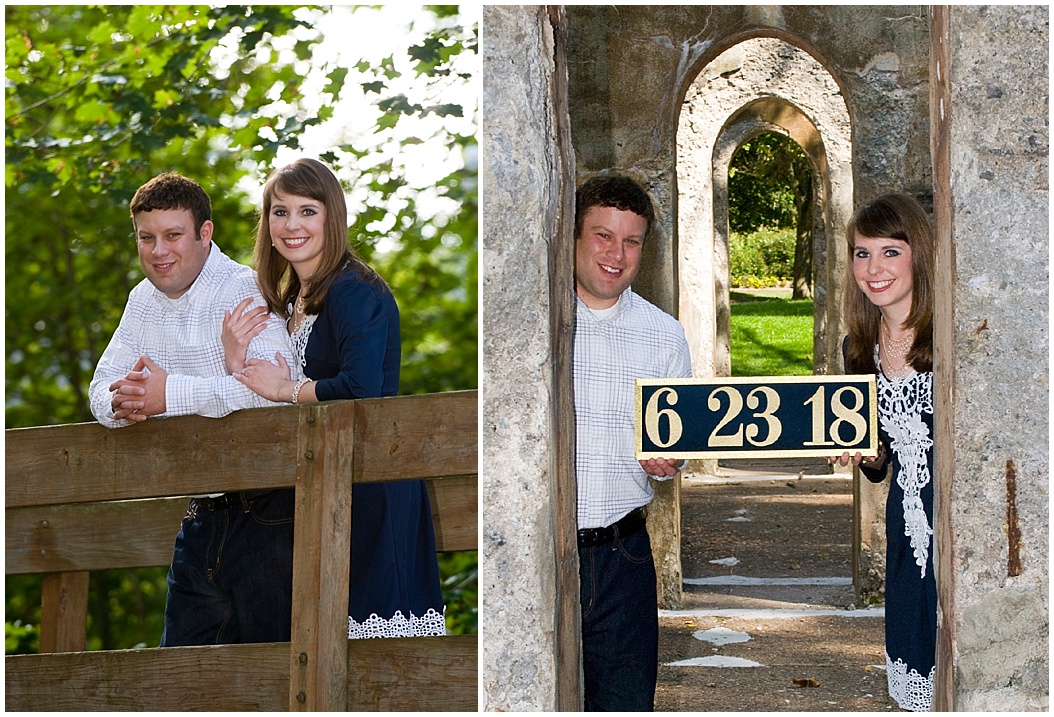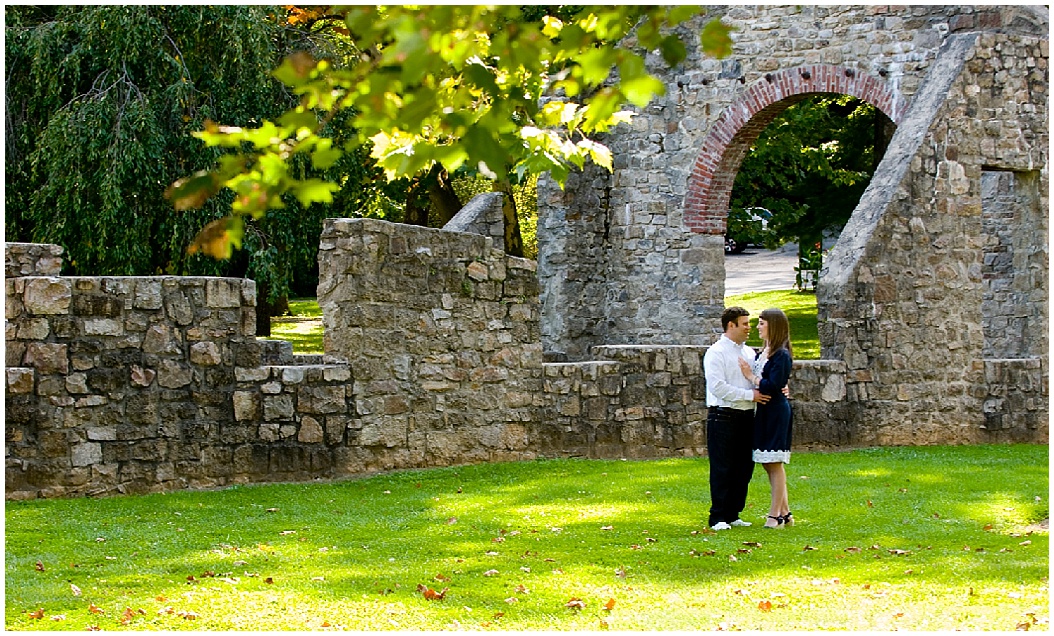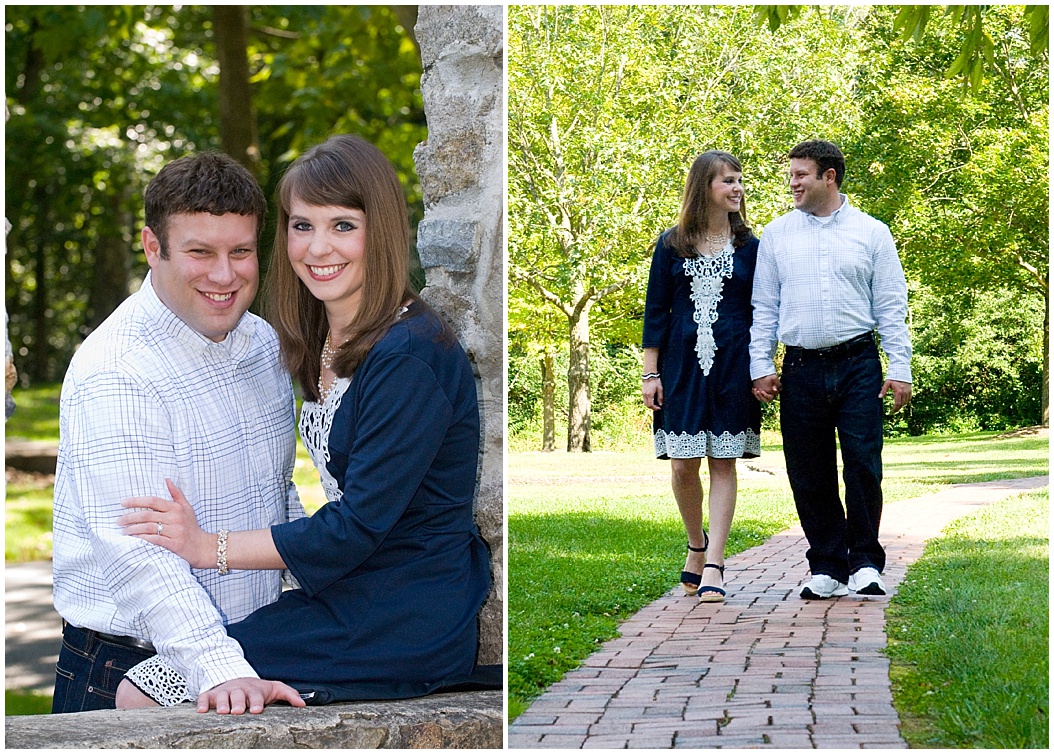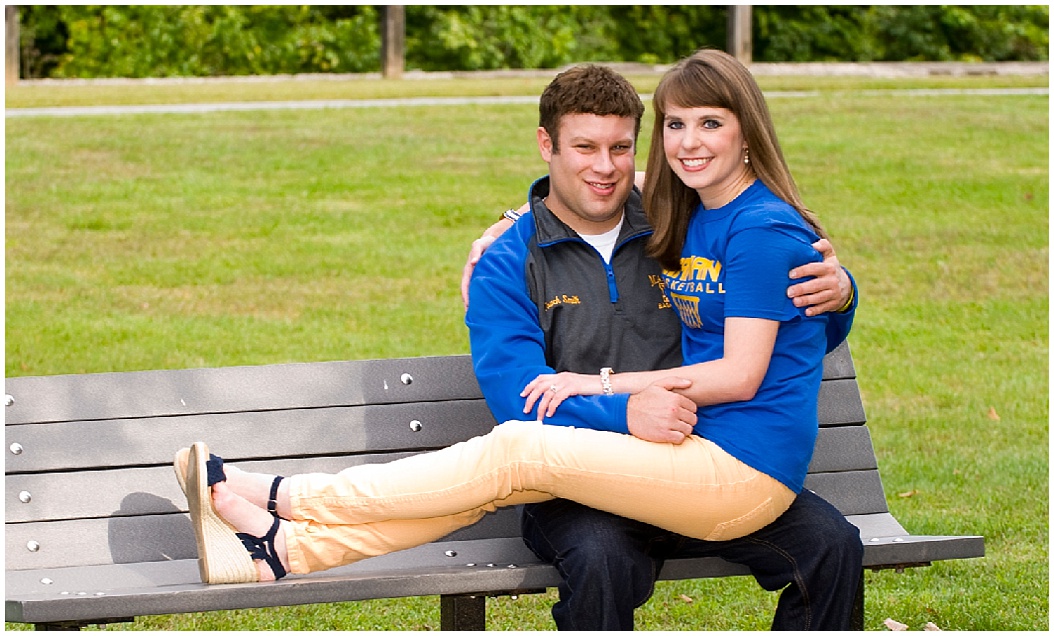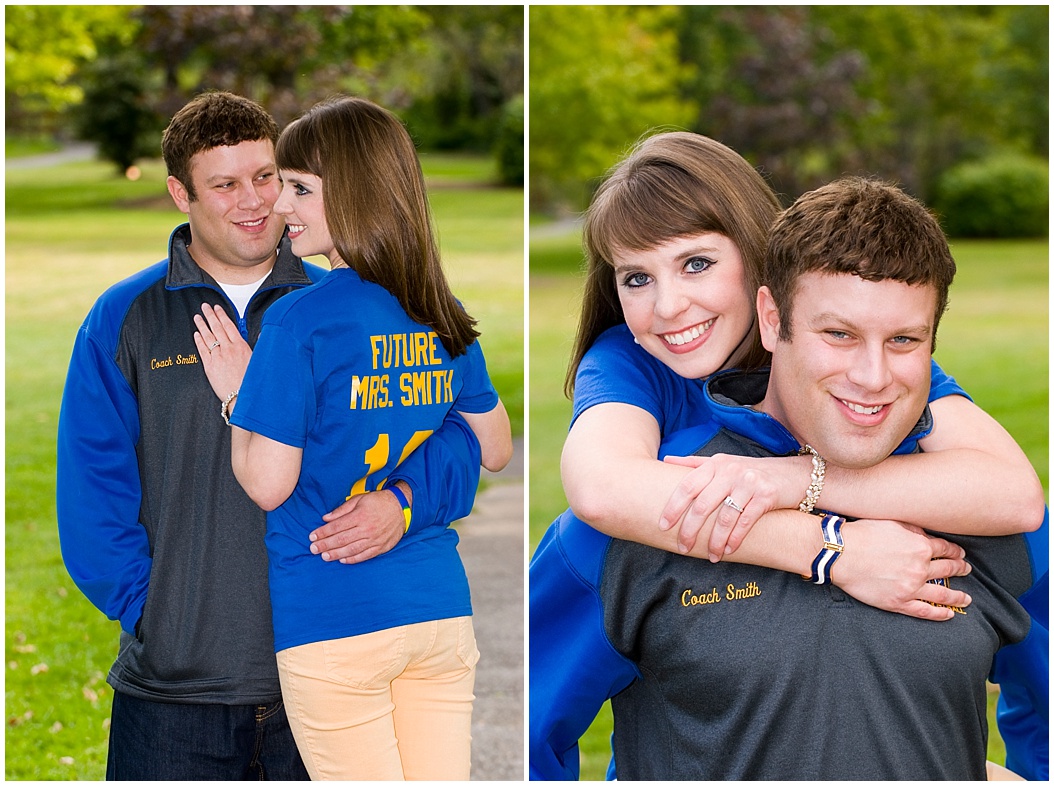On Advent and Waiting
/ALEXA DONCENCZ SMITH
It’s no secret: Advent is a time of waiting.
As a kid, I always looked forward to the week at Mass when the Little Blue Books would appear in the vestibule for Advent, free for the taking. In the weeks that followed, I was diligent in reading the reflections each night before bed, carefully absorbing every saint quote or nugget of spiritual wisdom. I was kind of a nerd, truth be told, but I loved the aura of waiting and preparation that always surrounded the weeks leading to Christmas.
As an adult, waiting can be a bittersweet subject. While anticipation breeds excitement, waiting for the things we desire isn’t always a pleasant feeling--especially if their eventual arrival isn’t guaranteed. Waiting for anything--from a vacation, to a promotion at work, to meeting one’s future spouse--is filled with a vulnerability that can give way to doubt and discontentment.
After spending a bit of time reflecting on Advent, it seems like no coincidence that the Church dedicates a whole season of the liturgical calendar to the meaning and purpose of waiting. Though it may not seem like it, waiting can be a blessing in disguise that can help guide us along the path to Heaven. Here, five ways we can benefit spiritually from this season:
Waiting provides the space for God to work.
Life can get so busy that it becomes easy to get caught up in our own plans, wrapped up in a universe of which we are the center. We have our days scheduled down to the minute and our calendars booked up for weeks, so it can definitely be frustrating when the unexpected comes in and messes with our carefully laid plans.
With our days are booked solid, spent constantly running from one obligation to the next, this doesn’t leave a lot of room for God to work in our lives. We might even find when we’re too busy, our meaningful attempts at prayer fall to the wayside. While God is always present, he often chooses to speak to us in the silence.
And if there’s no silence, or if our lives are just too hectic, we may miss our chance to hear him. Waiting has a way of slowing us down. The resulting pause can produce a helpful reorientation of priorities.
Waiting is an invitation to trust.
When our plans get stalled and things don’t happen how we think they should, it can cause disappointment and even helplessness. This is an opportunity to humble ourselves, remembering God is in control--not us). That there is a greater plan we cannot see; even if we’re confused about how things are going to play out, we know that the one in charge loves us and always wants the best for us.
Waiting forces us to be present.
Frustration with waiting can indicate that our minds or hearts have gotten ahead of us, and we’re trying to live in the future. Two years ago--ironically, during Advent--I was not-so-subtly waiting on a proposal. My fiancé and I had been dating for several years, and we’d had countless talks about moving toward marriage.
We both agreed getting engaged was our next step. But I felt this to the extent that I failed to appreciate our relationship in the present moment. I had myself convinced nothing more could be accomplished in our relationship or preparation for marriage until we were officially engaged.
Waiting pulls us out of our daydreams about the future (sometimes not so gently), and challenges us to ask, what does God want me to do right now?
As I anxiously awaited my proposal, I believed--whether I realized it or not--that engagement was the next thing God wanted me to do in life. But maybe engagement and marriage were a few more bullet points down on the list, and he had other gifts and blessings in store for me first.
I could have easily missed how God was working in my life during that time because I had unconsciously tuned out the present, preoccupied with what I thought should be my next endeavor. Waiting can be a gift that keeps us living in real time.
Waiting is a reminder: our time is precious.
When we’re stuck in line at the grocery store or sitting in traffic, we have two options. We can either grumble and complain, letting our annoying situation get the best of us, or we can remember those very minutes are an irreplaceable gift from God. It might be challenging to view being trapped bumper to bumper on the highway as a gift, but these instances serve as a reminder that all our time is borrowed: it all belongs to God, and we should always use for good the moments of life he has given us.
Waiting gives us hope for a bright future.
When we are so stuck on achieving certain desires that we end up devaluing entire periods of our lives, or we begin to feel as though we are killing time to get to a particular accomplishment or milestone, we are called to remember something: God’s plans are higher than our own. God can give us gifts we never would have dreamed of. And yes: they’re even better than the things we’re pursuing for ourselves.
The feeling of waiting sometimes indicates our timeline doesn’t quite match up to God’s. Rather than giving ourselves over to despair, this is an opportunity to realize that God may be saying no or not yet to our prayers.
Because he might be about to give us something even better than what we imagined.
About the Author: Alexa is a 2013 graduate of The Catholic University of America, where she earned degrees in biology and psychology. Since 2014, she has served as the Assistant Coordinator for Youth, Young Adult and Family Ministry for the Diocese of Allentown. Alexa and her husband Patrick got engaged in December 2016, and were married in June 2018. Together they’ve enjoyed Cracker Barrel breakfasts, long walks around Barnes & Noble, and deciding which bridal expos had the best cake samples. Alexa's hobbies include writing, photography, and drinking coffee.




